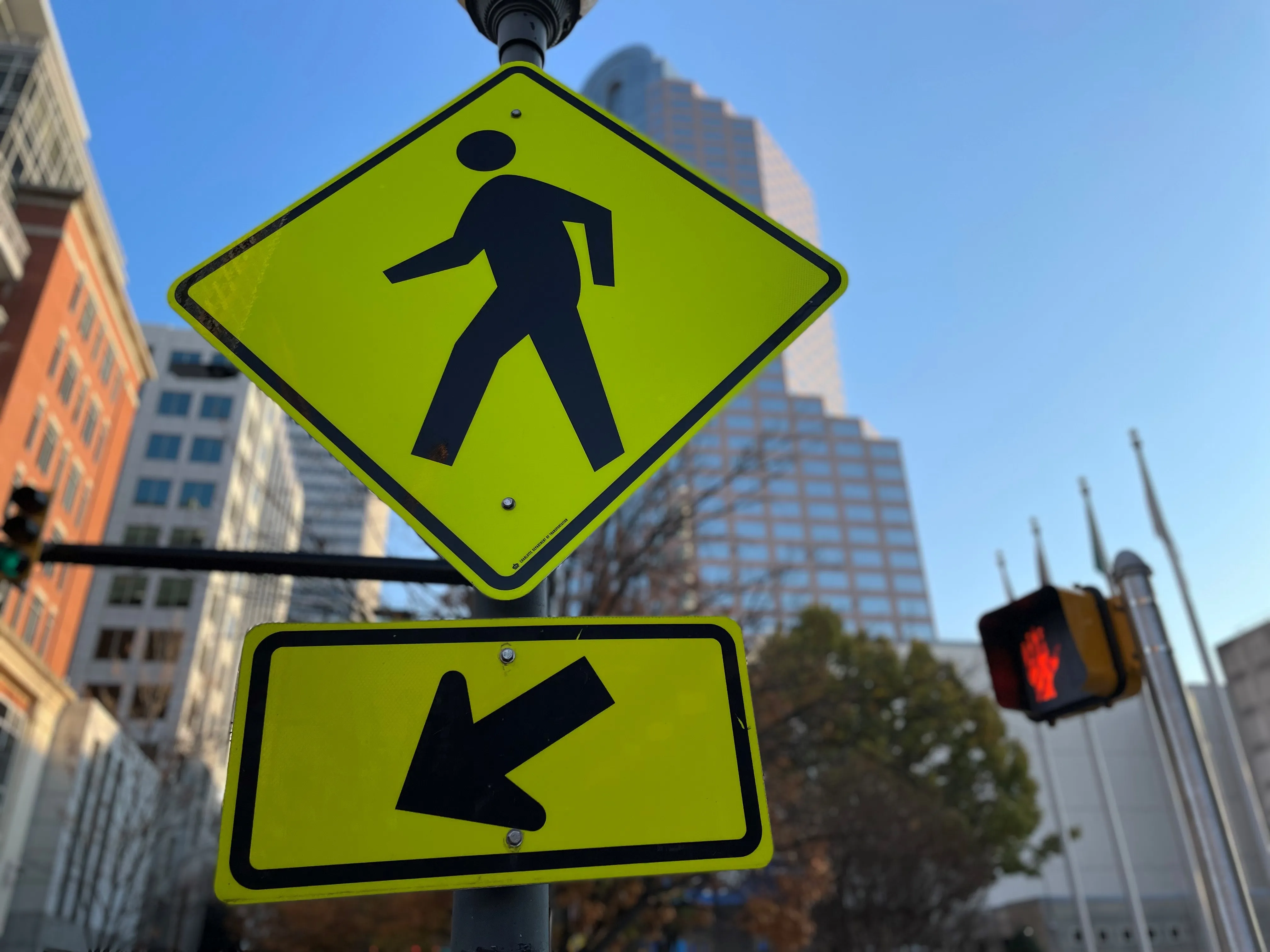Responding to the announcement by the Office of Rail Regulation (ORR) regarding its decision of the change to track access charges for 2014-2019, the FTA has said that “there is still the need for better understanding of the rail freight market and the expectations of existing and potential new customers”, and believes that the ORR's final determination which will increase freight rates by 21 per cent over the control period, four per cent per year will be a major set-back for promoting future growth for th
November 1, 2013
Read time: 2 mins
Responding to the announcement by the Office of Rail Regulation (ORR) regarding its decision of the change to track access charges for 2014-2019, the FTA has said that “there is still the need for better understanding of the rail freight market and the expectations of existing and potential new customers”, and believes that the ORR's final determination which will increase freight rates by 21 per cent over the control period, four per cent per year will be a major set-back for promoting future growth for the sector if this is passed through in full to end users”.
Previously FTA had voiced its concerns to the ORR over the proposed higher track access charges stating that this could lead to intermodal and retail traffic being pushed back off rail and onto roads.
In reply the ORR appears to have listened and responded to the Association’s and industry’s serious concerns which were expressed during the consultation process, and capped the proposed increases below that initially intended, thereby reducing the impact of the new charging regime.
Chris MacRae, FTA rail freight policy manager, said: ““FTA is pleased that ORR appears to have listened to our concerns regarding the impact the proposed charges could have on the freight industry, but it cannot be assumed that existing traffic will simply stay on rail.”
Previously FTA had voiced its concerns to the ORR over the proposed higher track access charges stating that this could lead to intermodal and retail traffic being pushed back off rail and onto roads.
In reply the ORR appears to have listened and responded to the Association’s and industry’s serious concerns which were expressed during the consultation process, and capped the proposed increases below that initially intended, thereby reducing the impact of the new charging regime.
Chris MacRae, FTA rail freight policy manager, said: ““FTA is pleased that ORR appears to have listened to our concerns regarding the impact the proposed charges could have on the freight industry, but it cannot be assumed that existing traffic will simply stay on rail.”










